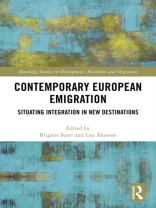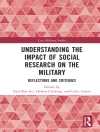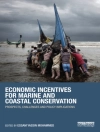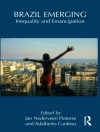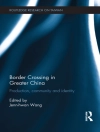At a time when European unity is politically challenged by the question of immigration and integration, it is easy to overlook the fact that there are significant numbers of Europeans leaving the continent. Academically, little is known about why Europeans leave the continent, how they chose their destination, and how they experience their migrant life. Drawing on the lived experiences of contemporary European emigrants from a range of different countries, this book sheds light on how global economic, political and social transformations spur new forms of migration and mobility experiences.Contemporary European Emigration explores how Europeans experience economic, cultural or social integration, and the power relations which play out between them and their hosts. By delving through the lenses of national and racial identity, gender, age, and profession, this book provides enticing insights into how Europeans see themselves in the world.By shifting our focus to migrants leaving Europe and observing the emerging challenges to European superiority as they play out in the microlevel of people’s everyday lives, this book provides a nuanced understanding of contemporary migration. Researchers within Migration Studies and European Studies will find this book an important addition to the literature.
Lisa Akesson & Brigitte Suter
Contemporary European Emigration [PDF ebook]
Situating Integration in New Destinations
Contemporary European Emigration [PDF ebook]
Situating Integration in New Destinations
Dieses Ebook kaufen – und ein weitere GRATIS erhalten!
Sprache Englisch ● Format PDF ● Seiten 176 ● ISBN 9780429510687 ● Herausgeber Lisa Akesson & Brigitte Suter ● Verlag Taylor and Francis ● Erscheinungsjahr 2020 ● herunterladbar 3 mal ● Währung EUR ● ID 7385569 ● Kopierschutz Adobe DRM
erfordert DRM-fähige Lesetechnologie
